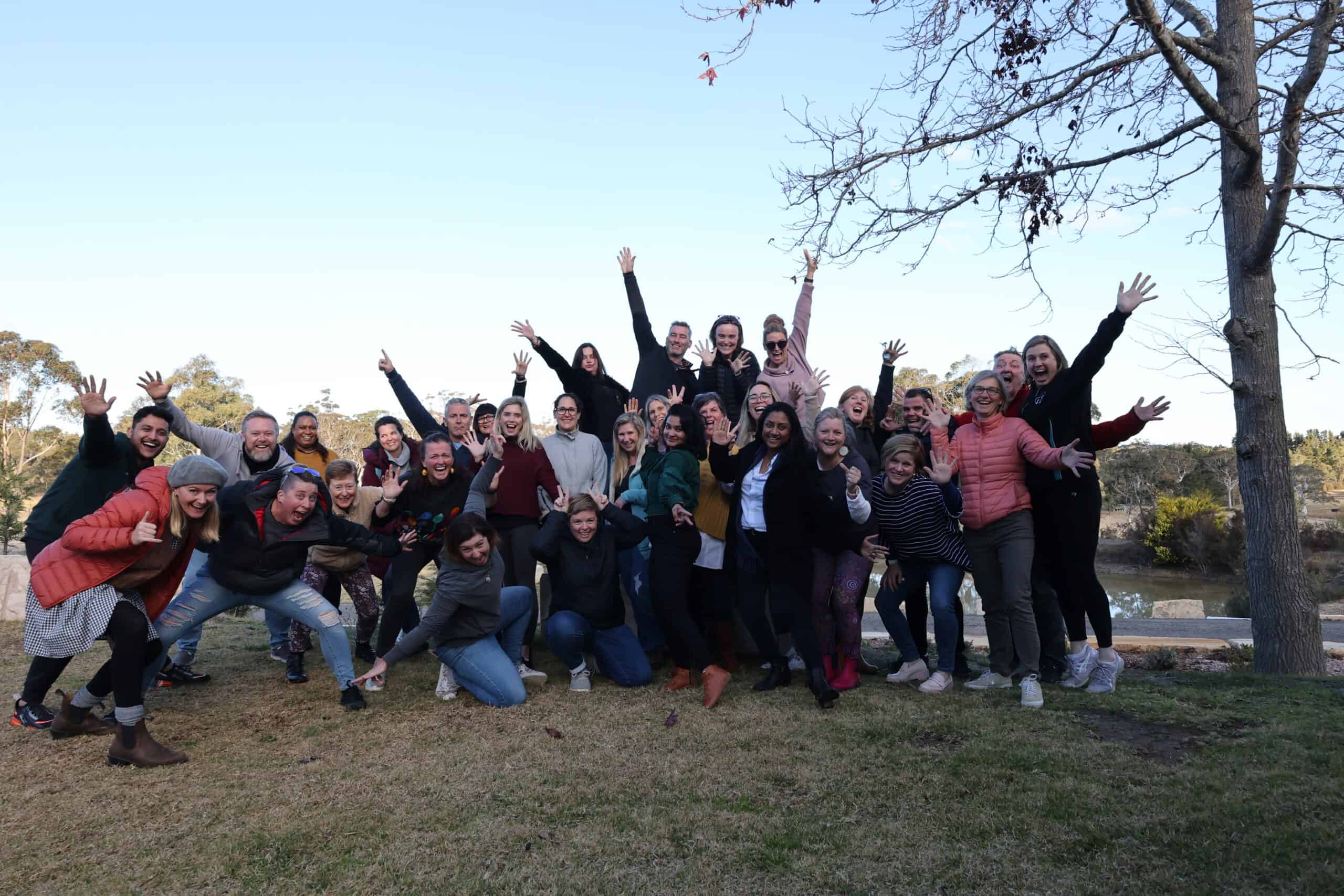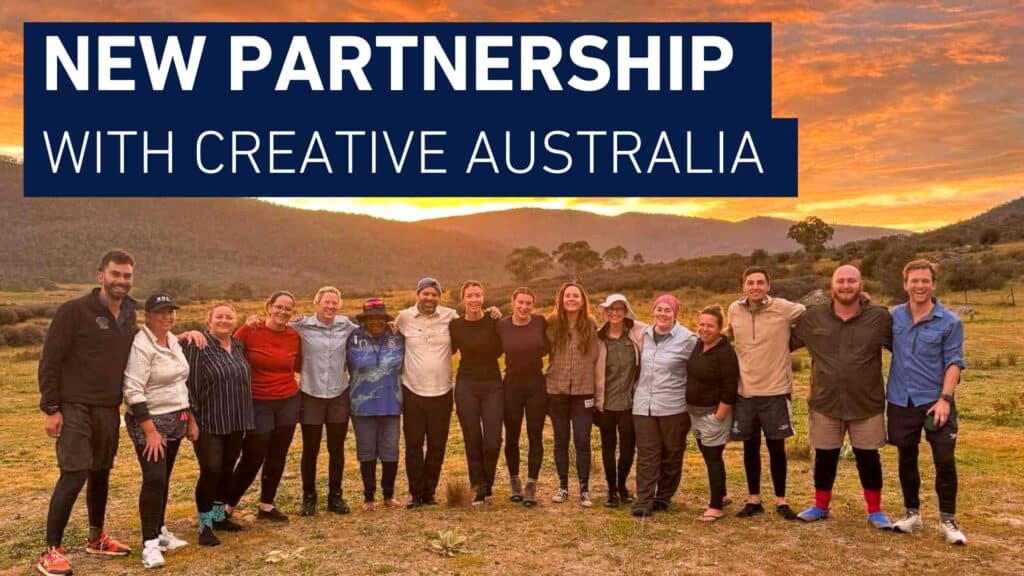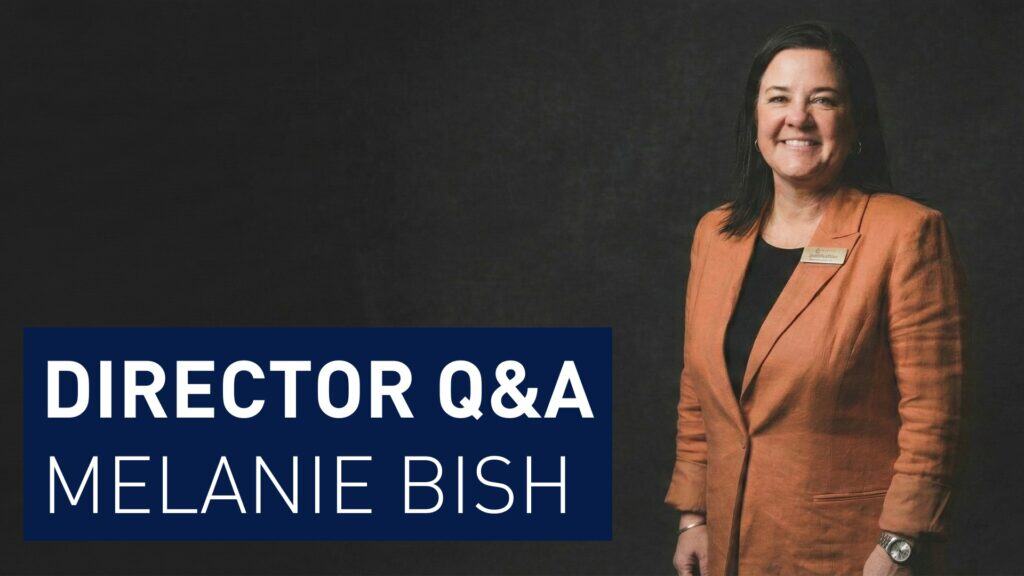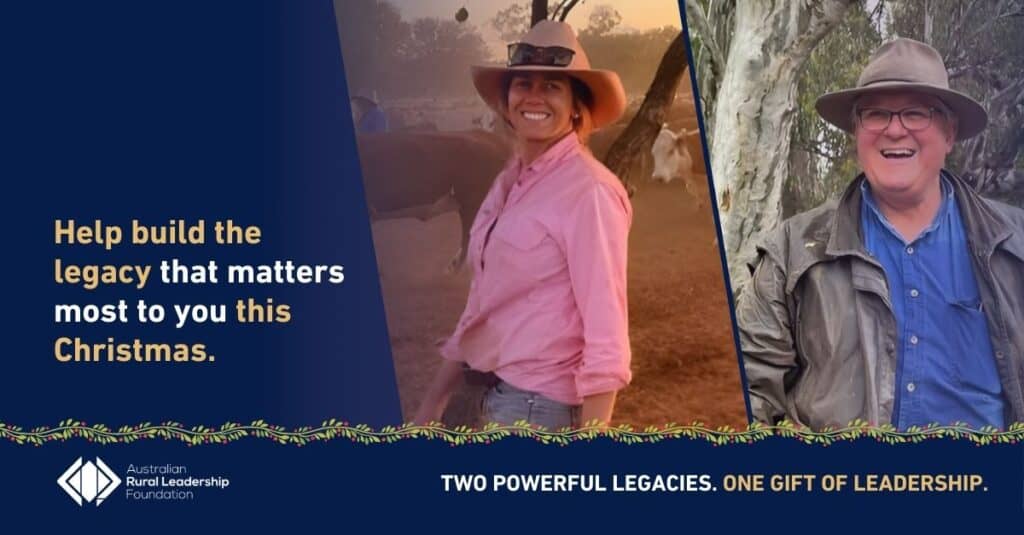As we do every year, the ARLF staff team recently met in the Southern Highlands of New South Wales for a 3-day retreat. Creating an opportunity for the entire team to get together, get to know each other better and create real connections, and to build trust is vital for any organization. It is even more important in a distributed team that stretches from Glenrowan, Victoria, in the south to Rockhampton, Queensland, in the north and Perth, Western Australia, in the west.
The ARLF took a decision a number of years before a thing called COVID to purposely push out of our Canberra office and provide the opportunity for anyone living in regional, rural, or remote Australia to work for us. From small beginnings, today around 70% of the ARLF live and work outside Canberra. This has afforded an opportunity for people to work where they live, remain connected, and contribute to their community.
Since COVID we have seen some interesting developments in terms of those choosing to move away from cities to regional areas. The Regional Australia Institute says that the move from cities to regions is up 17% in pre-pandemic years. This does not account for the many people who have chosen to remain in rural, regional and remote areas rather than moving to cities for work.
What does all of this mean? Well, many things but what I wanted to touch on here is that if working from where you live (notwithstanding challenges with housing, access to services, and the like), continues to gather momentum, then what does this mean as we make room for more and more geographically distributed teams?
If the experience of the ARLF team is anything to go by, then to expect that is good enough just to provide an opportunity for someone to work from their home and community and hope everything else will fall into place, would be to fall short. We know from long experience in delivering experiential leadership programs that there is nothing that can replace in-person connection when it comes to building trust and relationships. So, this is the balancing act for a distributed team – how to enjoy the benefits of working from home/place and build deep connections and trust?
Re-imagining what connection means is one part of this. Ensuring the whole team has at least one opportunity a year to come together, connect, and get to know each other creates an environment where trust can be established. Better still, if this get-together can focus on the people, relationships, and connection rather than ‘the work’, then it sets a platform for working relationships and interactions over the year.
Creating opportunities for mini-connections is another practice. Where possible, creating opportunities (or piggybacking on work activities) for smaller groups within the team to come together regionally over the year also builds upon the idea of trust and relationships that can overcome difficulty or complexity. In-person is not always possible and so in addition to virtual work interactions, finding time for a virtual coffee or chat is another way of deepening connections in a remote environment
Striking a good balance in working remotely can lead to a positive impact on organizations and individuals (and their families, communities, and industries) alike. It can also be a key part of thriving rural, regional, and remote communities – we just need to re-think and commit to a new way of connecting.





